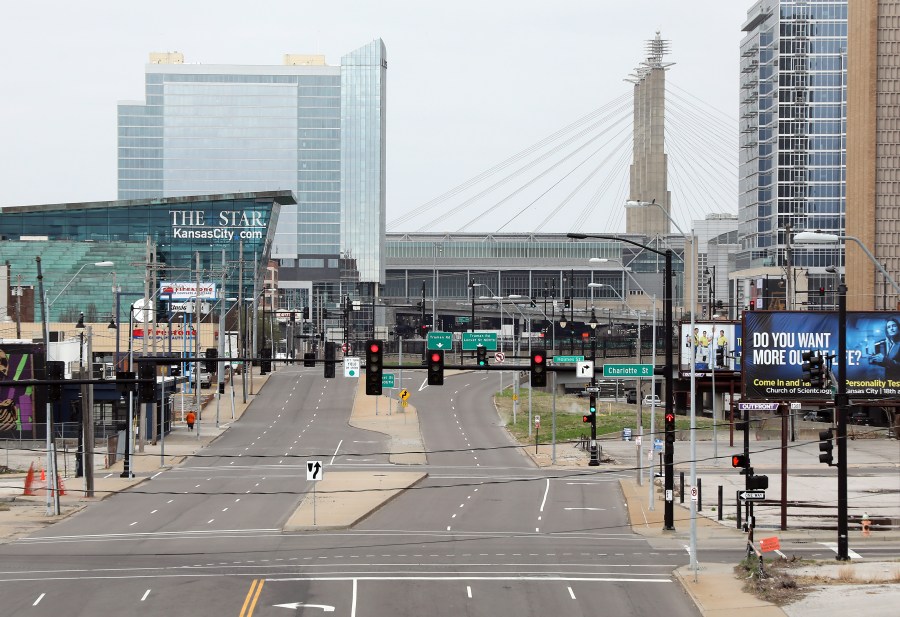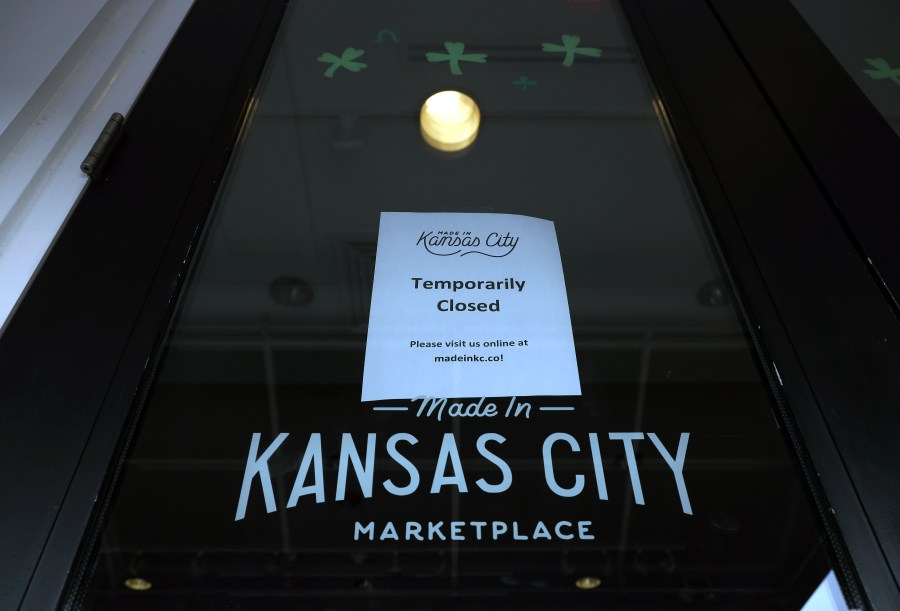Relief bill debate heats up over bailout for state and local governments
KANSAS CITY, Mo. (NewsNation Now) — The COVID-19 relief bill provides $350 billion for state and local governments, struggling to cover costs as they face revenue shortfalls a year into the pandemic.
The COVID-19 relief package passed the Senate on Saturday and is scheduled for a vote Tuesday in the House of Representatives.
There was sharp debate on the issue of money for state and local governments.
“We are not going to give bailout money to sanctuary states and sanctuary cities,” Sen. Tom Cotton (R-AR).
“We can do both. We can address infrastructure and help our state and local governments that have been hammered by covid,” Sen. Ron Wyden (D-OR).
The bill now back in the House, all agree on the problems back home, but they don’t agree on how to fix them.
“They are facing things such as having to not fill firefighter slots, put off buying police cruisers or our fire vehicles,” said Rep. Cheri Bustos (D-IL).
“They changed it to punish any state that Donald Trump won except for two and reward their states that they won,” said Rep. Jason Smith (R-MO).
The political debate, of course, happens in Washington. Still, the real-world impact of the $350 billion earmarked for state and local governments has its ultimate impact in places like Kansas City, Missouri. Cities that are desperate for those funds.

“Cities really need this, this isn’t just something that is kind of tangential to our normal operations today,” said Mayor Quinton Lucas.
Facing a $70 million budget shortfall, Mayor Lucas said the consequences are real.
“You know, you never say it’s fully essential because we’ll try to always find a way. But, you know, if we don’t get that stimulus funding, there’s gonna be some really tough cuts this year in Kansas City,” Lucas said.
The mayor said that his city, nicknamed “The Heart of America,” is on life support in the middle of a pandemic.
“So many services that cities use, we cannot afford right now. Because the drop in sales taxes, the drop in a city like this one of conventions and entertainment, people not in your sports stadiums,” he said.

Many of the cuts would come from city services like police and fire.
“It is difficult sometimes to get through to the politicians. Exactly what we do,” said Tim Dupin, president of Local 42 International Association of Firefighters.
Dupin has spent 24 years as a Kansas City firefighter.
“We go we respond to every medical call, we respond to every car wreck, you know, every heart attack, every diabetic seizure, every medical emergency,” Dupin said.
The needs are at least as dire with Kansas City’s police department, run independently of the city by a Board of Police Commissioners.
“You’re somewhere between bankruptcy and bailout. And, and I think that’s the reality,” said board member Nathan Garrett.
Garrett, a lawyer and former FBI agent, serves on that board as they wrestle with major cuts.
“It’s dire, you know, we’re losing officers right now at an alarming rate,” said Garrett.
But Garrett, like so many in this debate, feels that while the aid is essential, it can’t all be blamed on the pandemic.
“I’m behind it, but I’m behind it recognizing and being sympathetic to the concerns some have with regard to bailing out cities who have gotten themselves in this position,” said Garrett.

“In a city like this, when we’re looking at perhaps $180 million coming in, probably that first half is already spent on things like providing for your frontline workers and services,” Lucas said.
Dupin and the fire department see it the same way.
“You really need to evaluate where those monies are going. We need to make sure that they are being spent correctly,” he said.
Some have pointed to congressional Republicans voting against this aid as being tantamount to defunding the police, a campaign mantra used by some of them against Democrats last year in the wake of the murder of George Floyd.
“If during the summer, you were saying you ‘back the blue,’ if, during the summer and today, you’re saying that you do not support the defund the police movement, then the real way to actually take care of these things is to fund them,” Lucas said.
“I can understand it from a political perspective, why some on the left would want to say, ‘OK, now the Republicans are defunding the police.’ I don’t believe that to be a fair characterization of it,” Garrett said.
But Mayor Lucas, a Democrat, also said that right now it shouldn’t be about slogans for any city.
“The real thing that’s happening is everyone will be defunded unless this bill passes because we do not have the resources to help support so many of the things that are core to service delivery and government,” he said.










